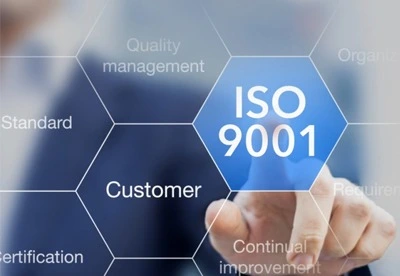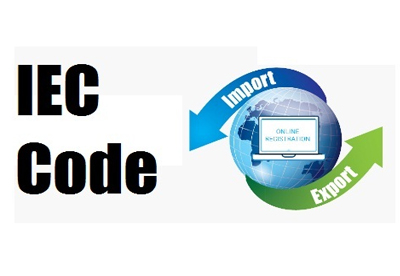
Documents Required
- PAN Card
- Passport
- Aadhar Card
Features
OPC Registration
Instant Name Application for One Person Company.
INR 2500 All Inclusive
INR 3571 30% Off
Name Approval
What is a One Person Company (OPC)?
A One Person Company (OPC) is a type of business registration in India that allows a single person to start and run a company. Introduced in the Companies Act of 2013, the OPC was designed to encourage individual entrepreneurship and help small business owners manage their companies with limited liability.
What Does OPC Registration Mean?
OPC registration is a great option for individuals who want to run their business independently but still want the protection of limited liability. This means your personal assets are separate from your business risks. OPC registration provides:
- Limited Liability Protection: You’re not personally liable for company debts.
- Separate Legal Identity: Your company is treated as a distinct legal entity.
- Better Access to Funding: OPCs find it easier to raise money and secure business opportunities.
The registration process is simple, requiring just one director and one shareholder. To register, you need a Digital Signature Certificate (DSC), a Director Identification Number (DIN), and to file documents with the Registrar of Companies (ROC).
Once registered, your OPC has perpetual succession, meaning it continues to exist even if the owner passes away or is unable to run the business.
Key Benefits of OPC Registration
- Complete Control: As the sole owner, you have full control over decision-making and operations.
- Limited Liability: Your personal assets are protected from business liabilities.
- Easy Continuation: The company can keep running even after the owner’s death or incapacitation.
OPC registration is ideal for entrepreneurs looking to enjoy the benefits of a company structure without needing partners, while still keeping control of their business.
Frequently Asked Questions About OPC Registration
Here are some of the most common questions related to OPC registration:
Q1. Who can register for an OPC?
Any Indian citizen over 18 years of age can register for an OPC, as long as they are a resident of India. They cannot be a member or nominee for more than one OPC.
Q2. How is an OPC different from a Sole Proprietorship?
The main difference is that an OPC provides limited liability protection, meaning the owner’s personal assets are safe from business debts. In a sole proprietorship, there is no such protection, and the business ends if the owner dies or is incapacitated. An OPC, however, continues to exist even in such cases.
Q3. What documents are needed for OPC registration?
To register your OPC, you will need:
- PAN card
- Aadhaar card
- Passport-sized photo
- Proof of office address
- Memorandum of Association (MOA) and Articles of Association (AOA)
Q4. Can an OPC be converted into a Private Limited Company?
Yes, an OPC can be converted into a Private Limited Company if certain conditions are met, such as a turnover of more than ₹2 crore or a paid-up capital of over ₹50 lakh.
Q5. Is a nominee required for OPC registration?
Yes, an OPC must have a nominee who will take over the company if the owner passes away or becomes unable to manage the business. The nominee must be an Indian citizen over 18 years old.
Conclusion: Why Choose OPC?
An OPC is an ideal choice for entrepreneurs who want the benefits of a company structure—such as limited liability and separate legal identity—without the complexity of having business partners. It offers complete control while protecting personal assets. With its simple registration process and long-term benefits, an OPC is a great option for those looking to start a business in India.













